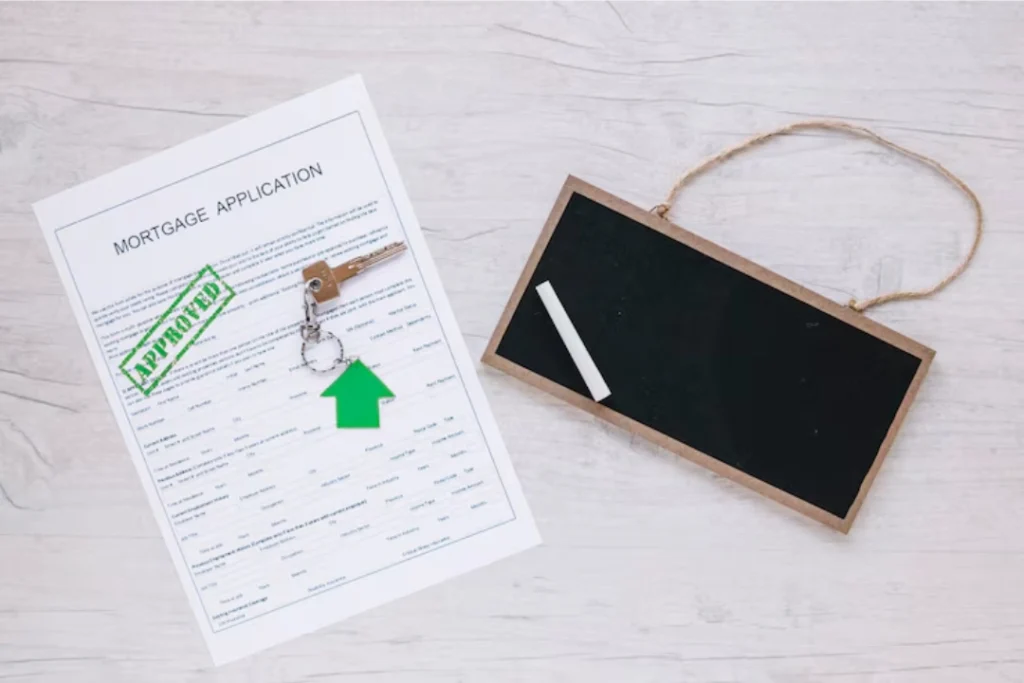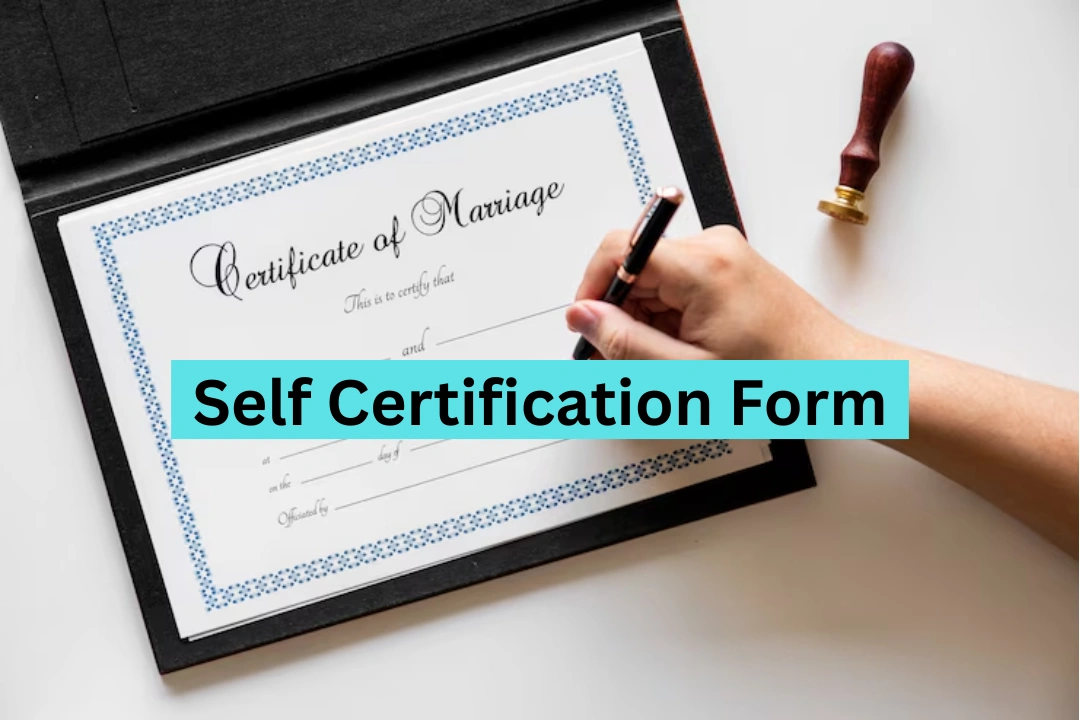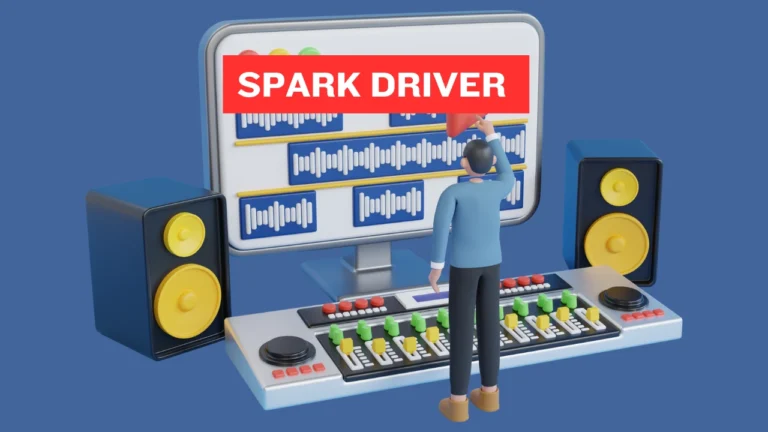How a Self Certification Form Can Simplify Your Paperwork
A self certification form is a legal document that individuals fill out to declare specific facts about themselves. It is commonly used when an official certificate from a third party like a doctor, tax advisor, or employer is not needed or cannot be provided immediately. This form allows institutions to collect information quickly while still holding the individual accountable for truthfulness.
How Does a Self Certification Form Work?
When someone completes a self form, they are officially confirming the accuracy of the information they provide. The form often includes personal details, the reason for certification, and a declaration signed by the person submitting it. The declaration confirms that all the information is correct to the best of their knowledge and is legally binding in many cases. This helps organizations process requests without long delays.
When Is a Self Certification Form Needed?
These forms are used in many everyday situations. For instance, when a student takes out a private education loan, they may need to self-certify the amount they need and any other aid they are receiving. In the workplace, an employee can use a self form to confirm they were sick without needing a doctor’s note, usually for absences under a week. It is also useful in tax declarations and licensing processes, such as applying for a commercial driver’s license (CDL).
Sectors That Rely on Self Certification Forms
Self forms are widely used in various sectors that need quick and reliable information without external documents. These sectors trust individuals to provide truthful data while maintaining legal accountability. The following are four key areas where self forms are most commonly applied:
| Sector | Purpose | Example Use Case |
|---|---|---|
| Education | Confirm student loan details | Student completes form to declare costs and aid |
| Employment | Report short-term illness or work absence | Employee self-certifies sick leave for up to 7 days |
| Finance/Taxation | Declare tax residency or financial information | Bank collects self-certification for FATCA/CRS compliance |
| Transportation | Confirm driving category and medical fitness | CDL applicants declare driving type and health status |
Each of these sectors uses the form to save time, ensure legal compliance, and minimize paperwork. The self form helps make these processes smoother, faster, and more accessible for everyone involved.
Benefits of Using a Self Certification Form

There are several advantages to using this form. First, it saves time and money. Individuals don’t have to wait for an external certificate or pay fees to get one. Second, it encourages honesty and responsibility. Since the person is signing the form themselves, they are more likely to be truthful. Lastly, it streamlines workflows in businesses and government offices, allowing them to serve more people efficiently.
Legal Standing of Self Certification Forms
Although it may seem informal, a self form can carry legal weight. By signing it, the individual is often stating that the information is true under penalty of law. This means false declarations can lead to fines or legal actions. Organizations rely on this form with the understanding that individuals will be truthful due to the legal risks involved. Always read the form carefully before signing.
Information Typically Included in a Self Certification Form
Every self form follows a general format. It asks for your full name, date of birth, address, and contact information. It also includes the purpose of the certification—like confirming your health condition, income, or educational status. A signature and date are always included to validate the form. Some forms may require more details depending on their use, especially in sectors like finance or healthcare.
Common Mistakes to Avoid When Filling a Self Certification Form
It’s important to fill out your self form accurately. A common mistake is leaving out required information like dates or missing a signature. Another mistake is providing outdated or incorrect information this can delay processing or cause legal issues. Always review the form before submitting it. If you’re unsure about a detail, contact the organization for guidance.
Can a Self Certification Form Be Rejected?
Yes, although the form is self-declared, the organization receiving it can choose to accept or reject it. If the form is incomplete, inconsistent, or doesn’t match their criteria, they might ask for additional documents. For example, a company may accept a sick leave self form for a few days but still ask for a doctor’s note if you’re out longer than a week. Always follow the rules given by the institution.
Digital vs Paper-Based Self Certification Forms
In today’s digital world, many organizations accept or even prefer online forms. These digital self forms can be filled and signed electronically, saving even more time. However, some processes still require printed and signed copies. Always check the format your organization prefers and follow any submission guidelines, such as uploading documents or mailing signed copies.
The Role of Honesty and Responsibility
A self form is a tool that works only when people use it truthfully. It is built on trust and personal responsibility. Lying on these forms can result in serious consequences. Being honest not only helps avoid legal issues but also builds trust between individuals and organizations. Responsible use of self-certification keeps systems smooth and fair for everyone.
Conclusion
The self form plays a major role in keeping systems efficient and accountable. Whether you’re a student applying for a loan, an employee taking a sick day, or a driver renewing a license, this form gives you the power to declare your status confidently. As long as it’s used honestly, it benefits both individuals and the institutions that rely on it.







